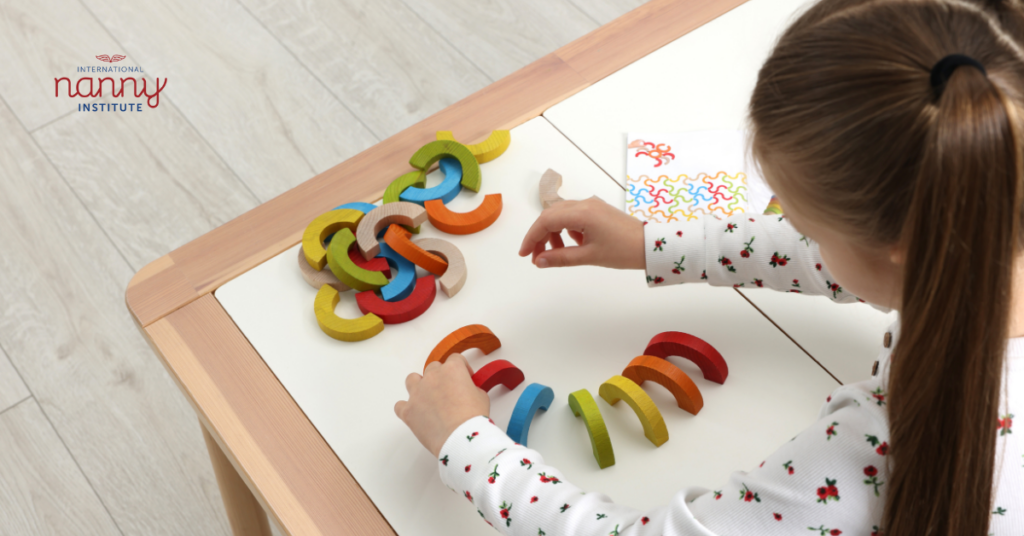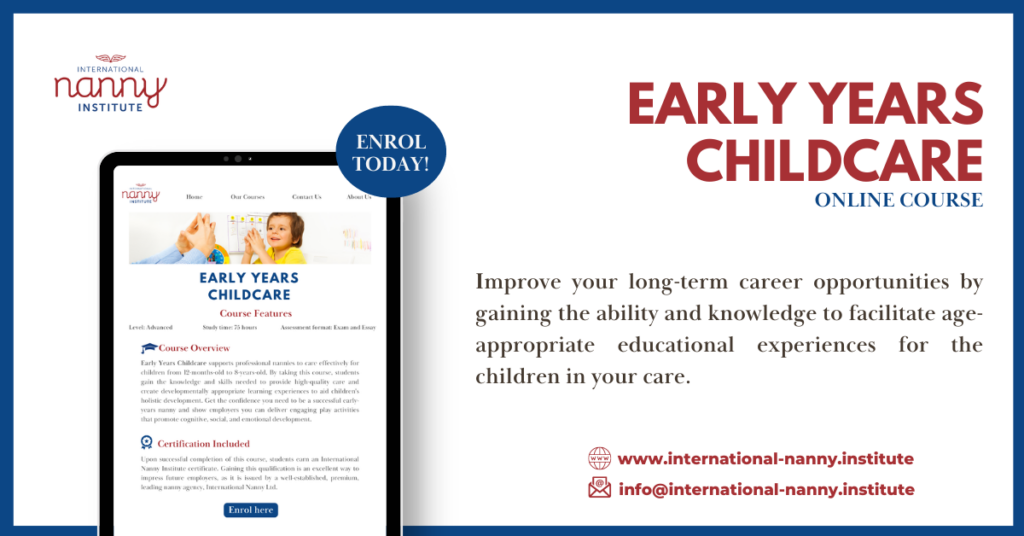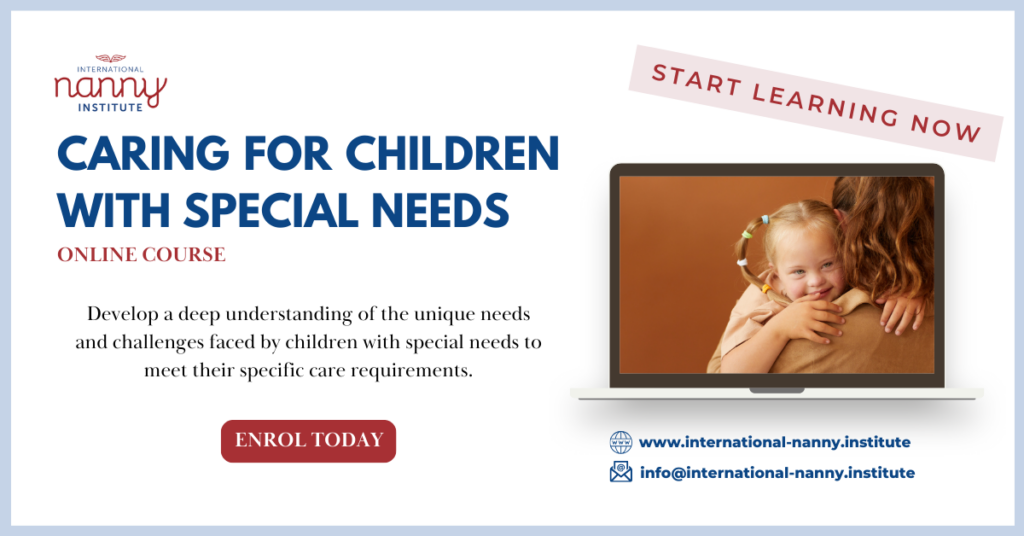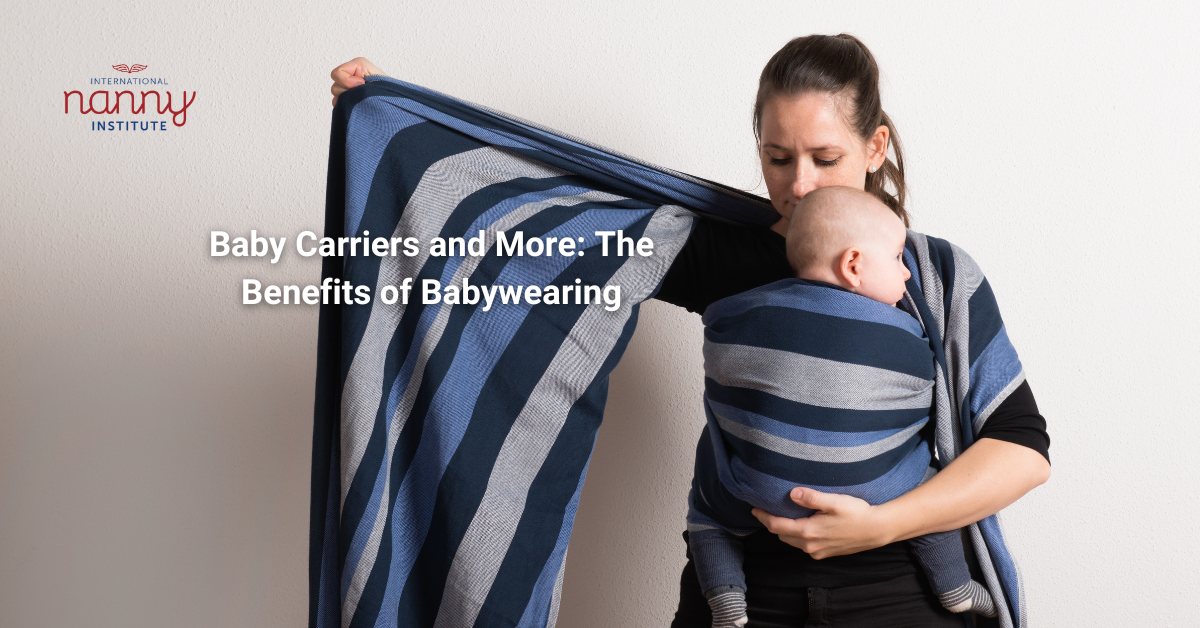As professional caregivers, we find ourselves fascinated with the process of child development. From the moment a newborn enters the world, their minds and bodies embark on an incredible journey of growth, learning, and discovery. These core aspects of child development can act as a springboard to other more, complex foundational concepts that can help propel your career as a nanny.

The Stages of Child Development
Child development is often characterised by distinct stages, each with its own unique milestones and characteristics. Some of the key stages include:
- Infancy (0-12 months): During this crucial period, infants undergo rapid physical, cognitive, and social-emotional development, laying the groundwork for future growth.
- Toddlerhood (12-24 months): As children transition into the toddler years, they experience a surge in language skills, independence, and curiosity about the world around them.
- Early Childhood (2-5 years): This stage is marked by significant strides in cognitive, motor, and social-emotional abilities, as children become increasingly self-aware and engaged with their environments.
- Middle Childhood (6-8 years): During the elementary school years, children develop more advanced reasoning, problem-solving, and academic skills, while also navigating the complexities of peer relationships.

Understanding the unique attributes of each stage is essential for providing tailored support and creating enriching environments that nurture holistic development.
The Domains of Child Development
Child development encompasses several interconnected domains, each of which plays a crucial role in a child’s overall growth and well-being:
- Physical Development: This includes the development of gross and fine motor skills, as well as the maturation of the body’s systems and senses.
- Cognitive Development: This domain encompasses the growth of a child’s mental processes, such as memory, attention, problem-solving, and language acquisition.
- Social-Emotional Development: This area focuses on a child’s ability to form relationships, regulate their emotions, and develop a sense of self and empathy.

By understanding the various domains of development, you’ll be better equipped to create learning environments and caregiving practices that nurture the whole child.
Factors that Influence Child Development
It’s important to recognise that child development is a complex, multifaceted process, influenced by a variety of factors, including:
Genetics and heredity
Nutrition and physical health
Attachment and relationships
Sociocultural context
Experiences and environmental stimuli

As you delve deeper into the world of early years childcare, you’ll learn how to effectively navigate these influential factors, ensuring that the children in your care are given every opportunity to thrive.
If you’re passionate about nurturing the growth and development of young children? The International Nanny Institute’s “Early Years Childcare” course will cover all these topics and more and is the perfect opportunity to deepen your expertise and take your caregiving career to new heights.
By enrolling in this course, you’ll gain a thorough understanding of the key stages and domains of child development, equipping you with the knowledge to provide exceptional care and support. You’ll learn evidence-based strategies for creating enriching environments, fostering healthy habits, and addressing the unique needs of infants, toddlers, and preschoolers.
Featuring insights from industry-leading experts, this course will empower you to:
- Develop a holistic, child-centred approach to caregiving
- Build stronger connections with the families you serve
- Confidently navigate the complexities of early childhood
- Differentiate your skill set and stand out in the job market
- Expand your career opportunities in the thriving childcare industry

Invest in your professional growth and make a lasting impact on young lives. Enrol in the “Early Years Childcare” course today and unlock a future filled with rewarding, fulfilling work.














